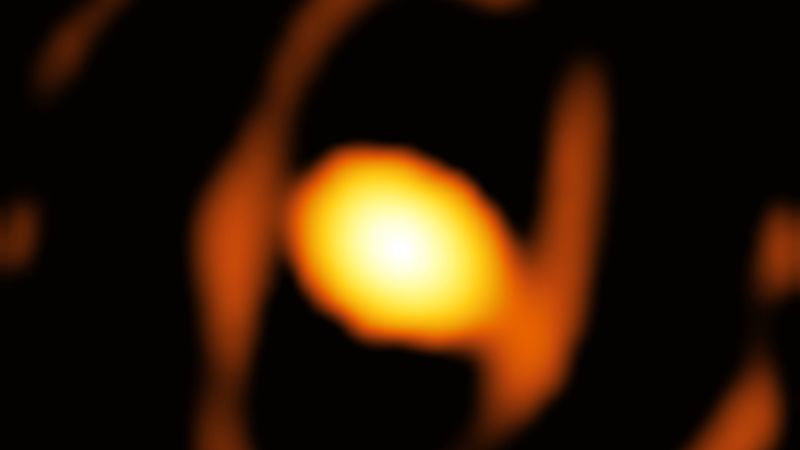
Laser Remote Sensing
Laser remote sensing is a technique that uses laser light to remotely measure the properties of a target. This technique involves emitting a laser beam towards the target and analyzing the reflected light to determine the target's properties, such as its distance, velocity, composition, and shape. Laser remote sensing has a wide range of applications in space and astronautical engineering, including atmospheric sensing, topographic mapping, and remote sensing of planets and other celestial bodies. It is also used in spacecraft navigation and docking, as well as in the development of autonomous spacecraft and robotic systems.
Your Previous Searches
Random Picks
- Orbital Element: In space and astronautical engineering, an orbital element is a mathematical parameter that describes the orbit of an object in space. These parameters include the object's position, velocity, and acceleration at a specific point in time. T ... Read More >>
- Adaptive Filtering: Adaptive filtering is a signal processing technique that involves adjusting the parameters of a filter in real-time to optimize its performance. In the context of space and astronautical engineering, adaptive filtering is used to enhance th ... Read More >>
- Spacecraft Engines: Spacecraft engines are the propulsion systems that provide the necessary force to launch, maneuver, and maintain the trajectory of a spacecraft in space. These engines use various types of fuels, such as liquid hydrogen, liquid oxygen, and ... Read More >>
Top News

Archaeologists discover 4,000-year-old canals used to fish by predecessors of an...
Using drones and Google Earth imagery, archaeologists have discovered a 4,000-year-old network of earthen canals in what’s now Belize...
News Source: ABC News on 2024-11-22

First close-up image of a star beyond our galaxy may reveal impending supernova...
Astronomers have taken the first close-up image of a star beyond our galaxy, and it’s a “monster star” surrounded by a cocoon as it slowly dies....
News Source: CNN on 2024-11-21

Bestselling author explains the science of happiness: "You can do the work"...
Bestselling author and Harvard professor Arthur Brooks opens up about how enjoyment, satisfaction and meaning in life can increase a person's wellbeing....
News Source: CBS News on 2024-11-18

November's full moon, known as the Beaver Moon, is the last supermoon of 2024. H...
November's full moon, known as the Beaver Moon, is the last supermoon of 2024. Here's when it peaks and why it's called the Beaver Moon....
News Source: CBS News on 2024-11-15

You can't put a price on the sense of awe particle physics inspires...
Astronomy and particle physics are no longer seen as vital by the US establishment, so funding has fallen. But our work creates a sense of wonder, and wonder matters, says Chanda Prescod-Weinstein...
News Source: New Scientist on 2024-11-13